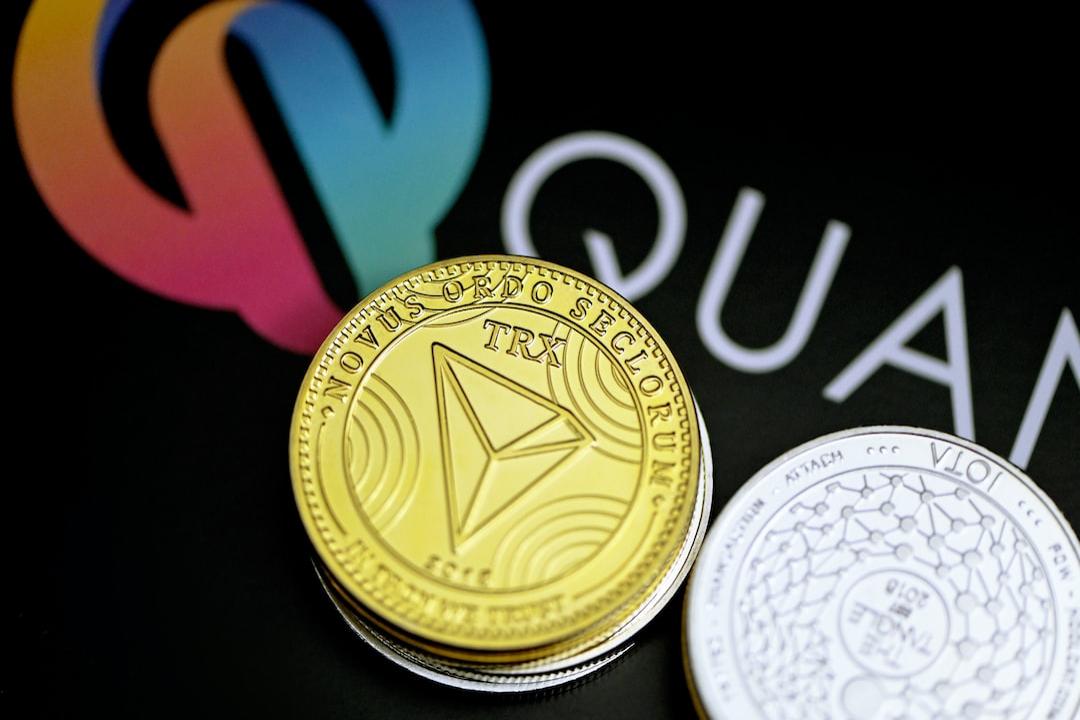The Australian Securities & Investment Commission (ASIC) has emerged victorious in a legal battle against BPS Financial. The company has been accused of engaging in deceitful practices in relation to its non-cash payment system, which is powered by the Qoin token.
The Federal Court of Australia has determined that BPS Financial made four false claims. Specifically, the company falsely asserted that Qoin was registered or approved by the government, compliant with legal requirements, easily exchangeable for other cryptocurrencies or fiat currencies, and accepted by a growing network of merchants.
As a result of this ruling, the court has deemed that BPS Financial violated the Corporations Act and the Australian Securities and Investments Commission Act. The court has ordered both parties to engage in discussions regarding the next steps in the legal process before reconvening later this year. This may involve the imposition of penalties.
BPS Financial launched the Qoin token in January 2020. According to the company’s website, the Qoin ecosystem encompasses the token itself, a blockchain platform, a digital wallet, and a payment system. The website also claims that Qoin has over 100,000 users and 36,000 registered merchants. As of June 2021, there were reportedly 394 million Qoin tokens in circulation.
In addition to this legal case, a class action lawsuit was filed against BPS Financial in November 2021, alleging deception, noncompliance with regulations, and operating as a pyramid scheme. It appears that this case is still ongoing. Furthermore, in February 2021, Qoin was expelled from the Blockchain Australia industry association.
ASIC initiated legal action against BPS Financial in October 2022. The commission’s statement declares that this court decision in its favor marks the first ruling against a non-cash payment system involving cryptocurrency. ASIC Chair, Joe Longo, expressed satisfaction with the outcome.
In a separate case, ASIC filed a lawsuit against financial product comparison website Finder.com in December 2022 for offering an unlicensed cryptocurrency product that generates yield. However, the court ruled against ASIC in March, and the commission is currently appealing this decision.
In another case brought by ASIC against crypto lender Block Earner, the court ruled that managed cryptocurrency products that generate yield require a license. However, products that act as intermediaries for accessing decentralized finance (DeFi) may not require such licensing.

Magazine: Big Questions: How can Bitcoin payments stage a comeback?

